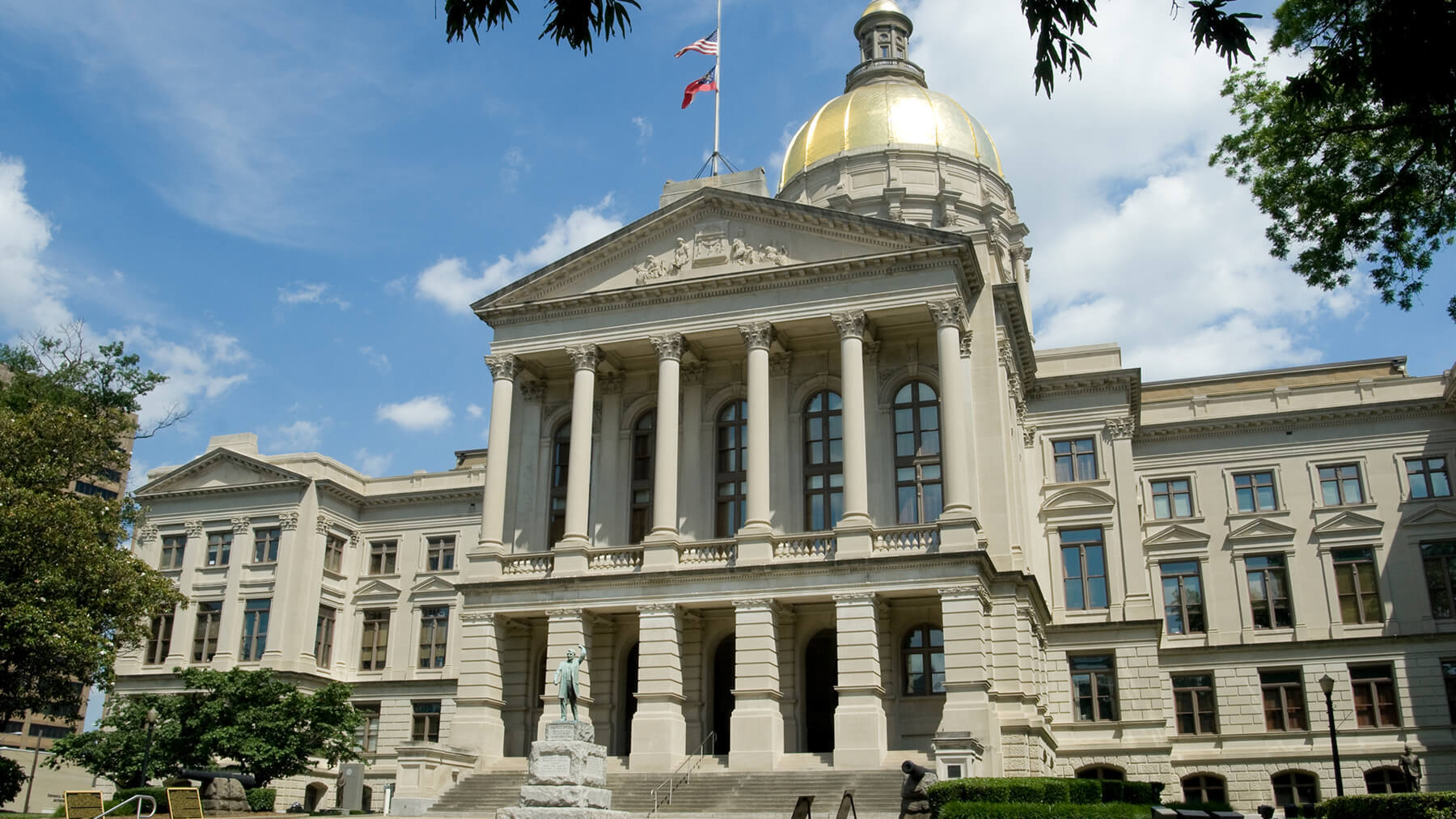ATLANTA — We at the SPLC Action Fund welcome House approval of the George Floyd Justice in Policing Act (JPA) as a good first step to address law enforcement accountability. The JPA includes measures to prohibit racial profiling, ban the use of chokeholds and no-knock warrants, and provide funding to communities trying to re-envision public safety. For officers that abuse their powers, the bill would limit the use of qualified immunity in court and create a national registry for reports of police misconduct.
However, while House approval of this bill is encouraging, we will continue pressing for stronger language in the Senate. In order to foster systematic change, we support amendments that would.
Completely eliminate the use of qualified immunity. The JPA only limits the use of qualified immunity for certain state law enforcement officials. We advocate that no government actor should have this privilege.
•Discontinue the U.S. Department of Defense 1033 program. The JPA limits the transfer of military-grade equipment, but keeps the 1033 program alive. We advocate ending the program entirely, making only non-military equipment available to community organizations.
•Broaden the ban on no-knock warrants to include quick-knock warrants. Law enforcement can foreseeably turn from no-knock raids to quick-knock raids, which have been shown to be just as dangerous. We advocate a prohibition on both practices for all law enforcement.
•Create a more robust and transparent police misconduct registry. Data reporting is critical to ensure accountability. However, the JPA contains a privacy provision that restricts public disclosure and restricts the definition of misconduct to use of force and racial profiling. We advocate for strong and specific data collection mechanisms that include public accessibility.
The killing of George Floyd last May – and many other unarmed men and women of color by the police – has driven hundreds of thousands to sustained protests in the streets, energizing a decades-long movement calling not just for reform but for foundational changes and a deep reinvestment in community-based programs. This cannot happen without true, systemic law enforcement accountability. We encourage Congress to build on the progress made in the current version of the Justice in Policing Act and use this moment to enact legislation leading to a fundamental reimagining of policing and incarceration policies.

